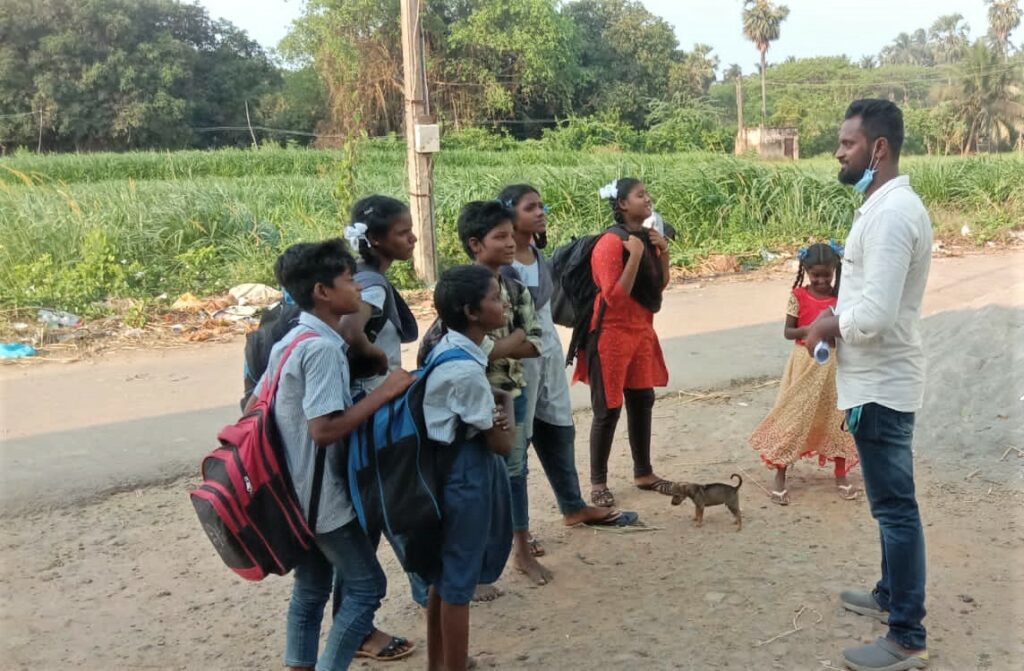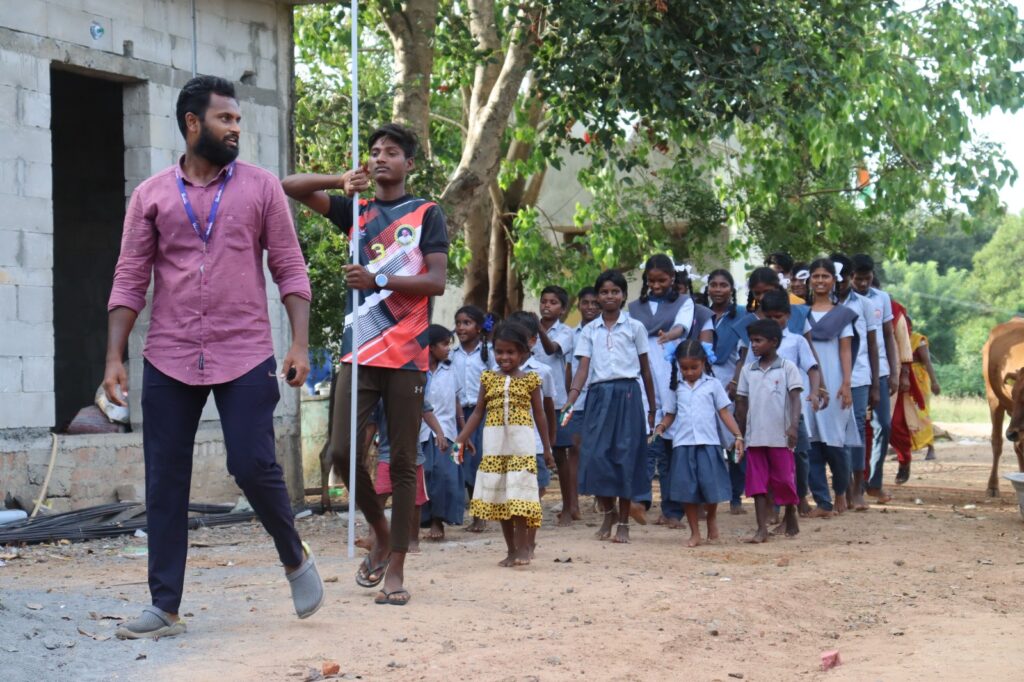Penned by Board Member Ms. Alo Pal
The Social workers usually come to me when they have a story to tell. Usually, these are inspiring stories of change and empowerment. It is also my job to evaluate the quality of intervention, understand the rationale behind decisions, and evaluate the outcome. Check if the philosophy of Sharana is reflected in the selection of the beneficiary, the type of involvement, and the quality of the outcome. Almost all of the time, the outcomes are happy. I have heard sordid accounts of the state of affairs in the lives of our beneficiaries when Sharana starts its work with them, and I have heard of the challenges faced when engaging with a family and a child in implementing the development plan, and, honestly, when I begin to listen to the current status of the beneficiary, it is a reflex not only to expect change but imagine how big and transforming the change will be. This documentation is not only to keep a record of representative case studies but also a dissemination to our readers and well-wishers of Sharana’s functional model of empowerment. So, when Chandru came to me to tell me about his journey from accountant to social worker at Sharana, it was but natural that I ask him about the experiences that have impacted him the most and been his major learning experiences.

I found myself rooting for Bhaskar, an epileptic child with no inclination to go to school. So disinterested was he, in general, that even a visit to the doctor for his benefit was difficult. This was a challenge for Chandru, and he tried hard to get him to see the value of education. But Bhaskar dropped out of school after he failed his 10th. Chandru spent days trying to convince him to resume school, but Bhaskar wasn’t interested. Chandru didn’t give up, and one day, Bhaskar came to him on his own, expressing his willingness to study.
– What is he doing now, Chandru? Is he studying well?
– When he expressed willingness to study, he was referred to a Special School where learning and his specific needs are delivered.
– But didn’t you convince him that he should study
– No ma’am, he went to a Special School where he started working well and passed his 10th and 11th and is now doing a diploma in dental. I still follow up with him.
Bhaskar came to speak to Chandru, acknowledging his mentoring and intervention in making him understand that life had to have meaning and direction. When I asked why he picked this story as an example of his growth, he said that it was important to acknowledge the special needs of the child as well as the scope of what Sharana can do well. If a case needs special care, referring to specialists is the right thing to do.
The other significant case Chandru spoke about ever since he switched to social work from the desk was when he convinced Daanish from Vandrapet slum to persevere with his studies, followed up with his tuitions, ensured vigilant follow-up even to the last detail of his attending school in a clean set of uniforms. Daanish’s father was an unproductive alcoholic, and his mother was a daily wage earner. Ever so often, his attendance dropped, and his interest in his studies slackened. Chandru consulted Manuel to find ways to keep him in school. The case was tough. But when Daanish’s father died when he was in his 9th standard, it was not possible to convince him to go to school again. Daanish took up a job in a soap manufacturing company to support his family – he left our Back to School program and continues to be a daily wage earner, making up to 10,000 Rs per month.
I have profiled many of our social workers in the past and listened to many stories they wished to tell me, but with Chandru’s candid conversation, I realized he is good at his work because he has learnt to learn from failure and acknowledge limitations.
Today, in addition to his Back to School duties, Chandru is in charge of our Seeds of Change program. A unique program where learning, knowledge, and good practices about a wide spectrum of issues are imparted to children via games and attributing significance to elements in the games. Topics like waste management, personal hygiene, and water sanitation are covered. Chandru now wants to build a cooperative, harmonious, consultative team to work in harmony and introduce nuanced concepts from our Child Protection Policy and attitudes towards the girl child into the games and involve mothers in the sessions.
*Names of the boys have been changed to ensure confidentiality














